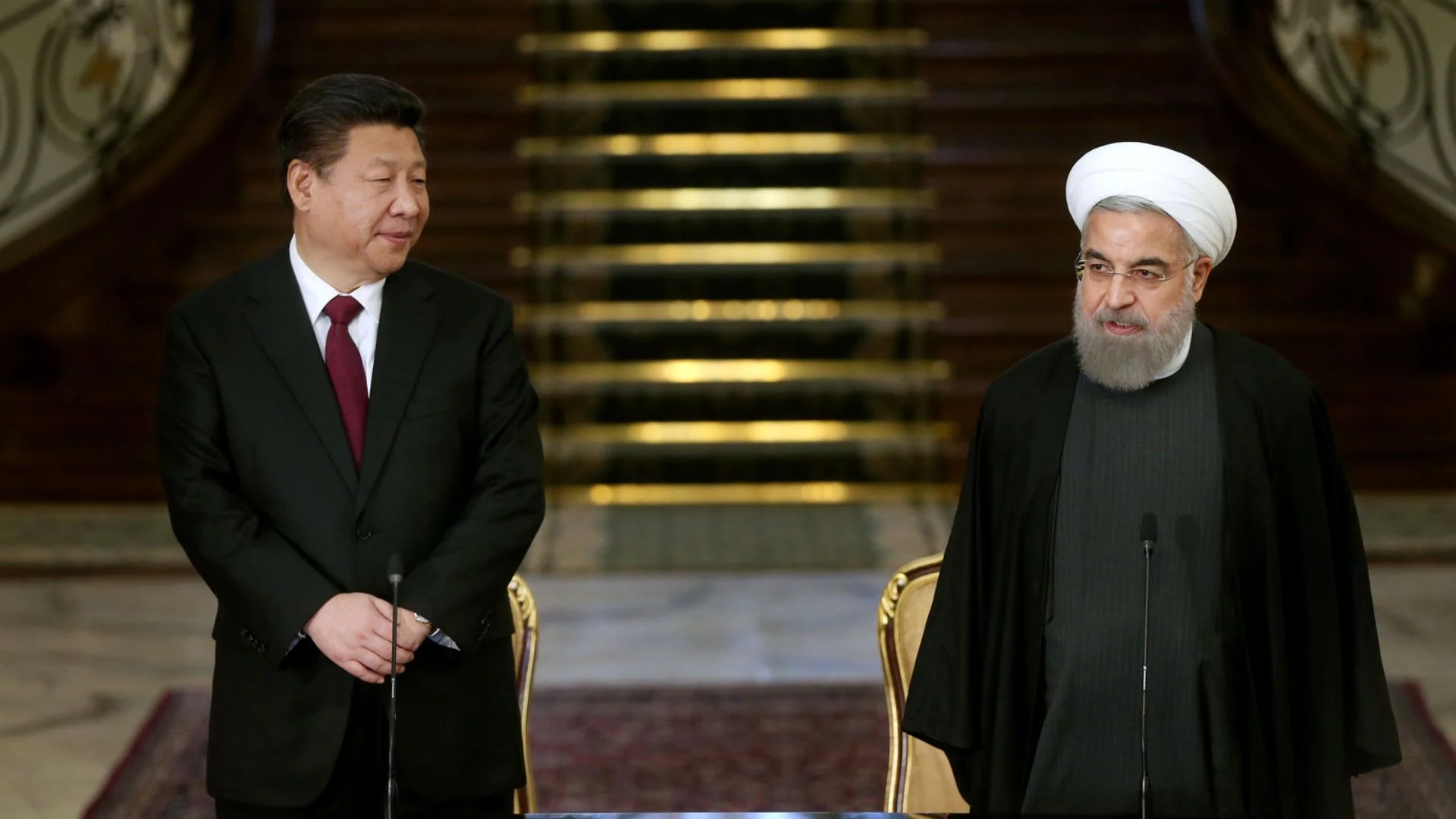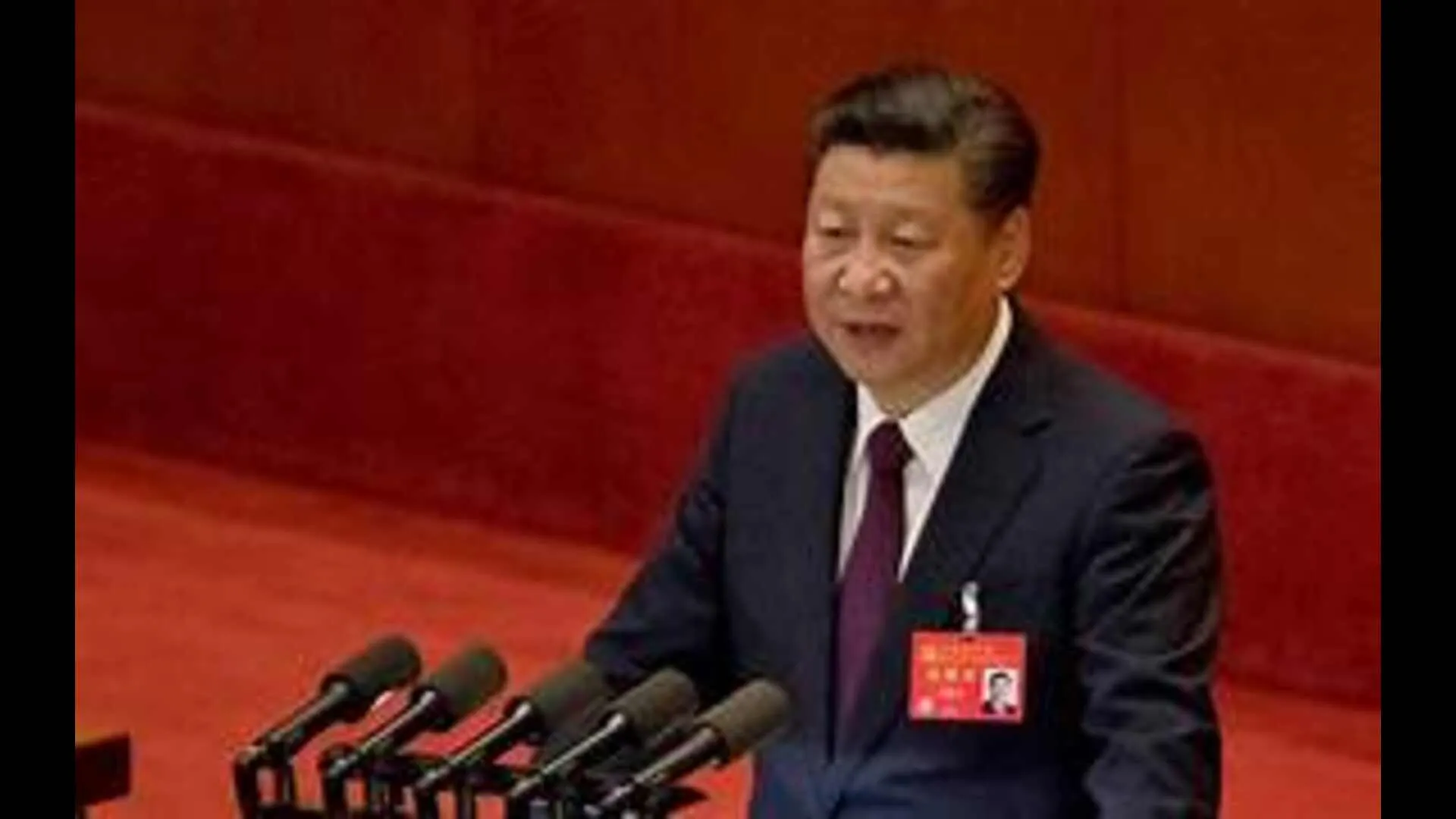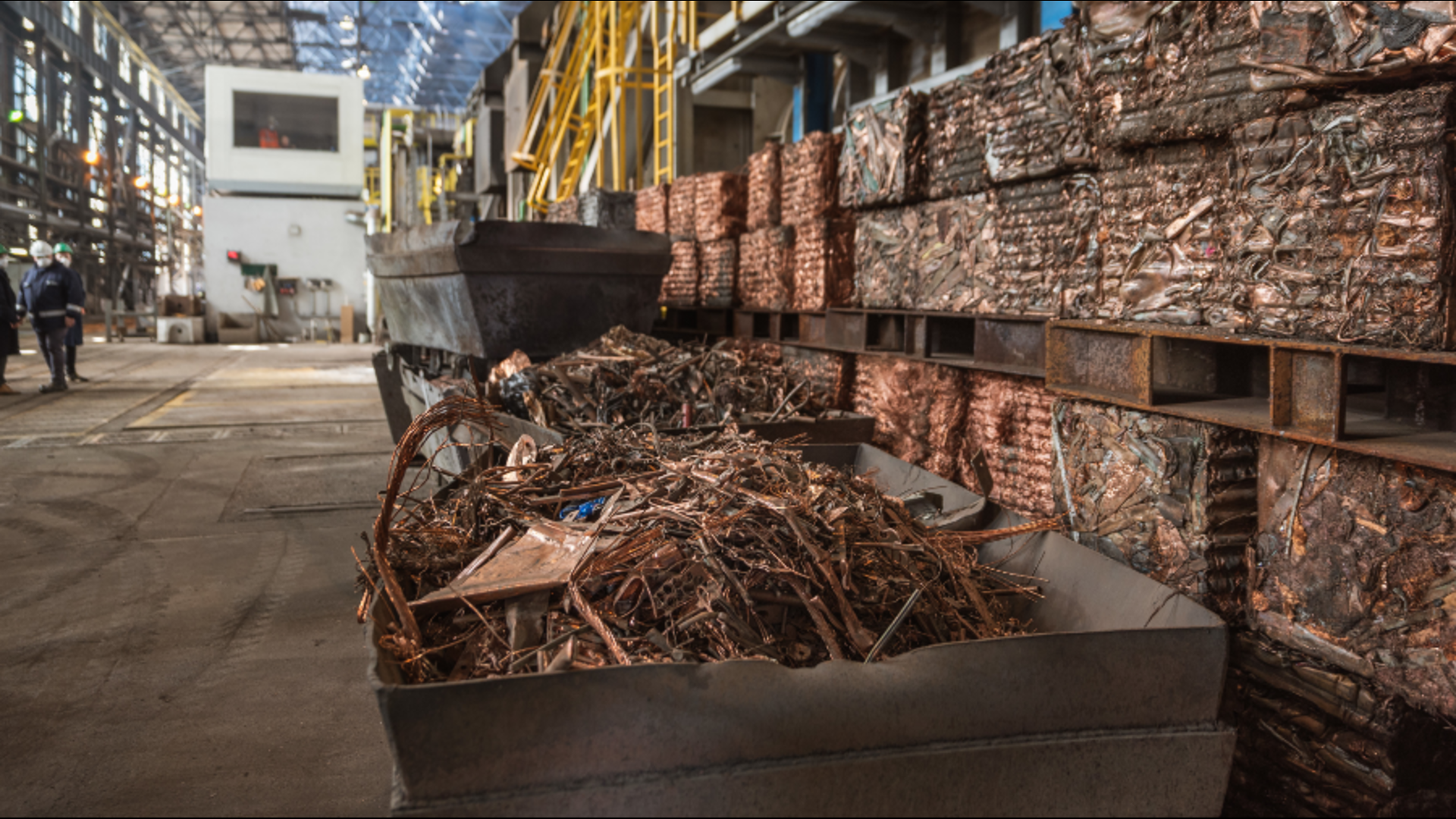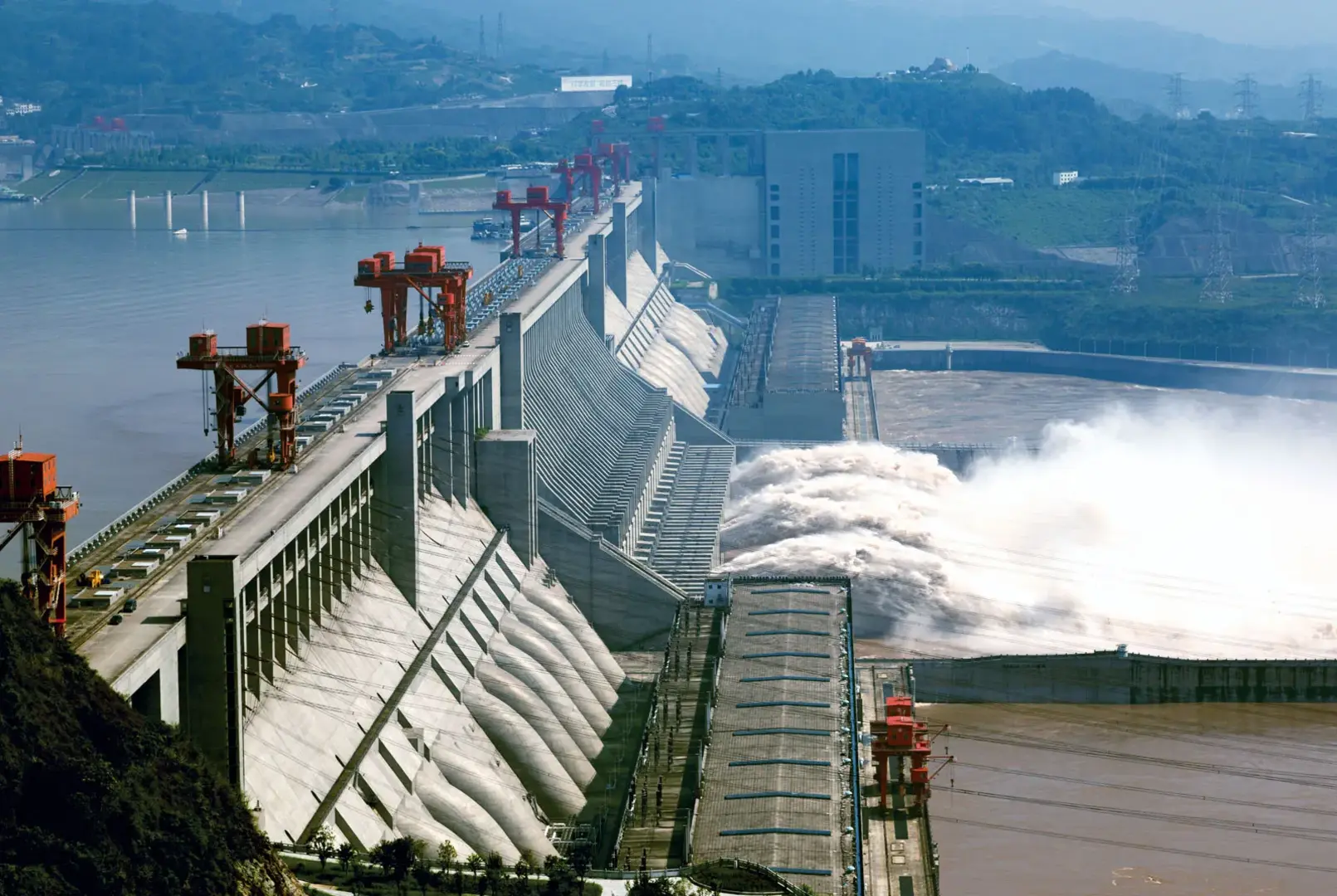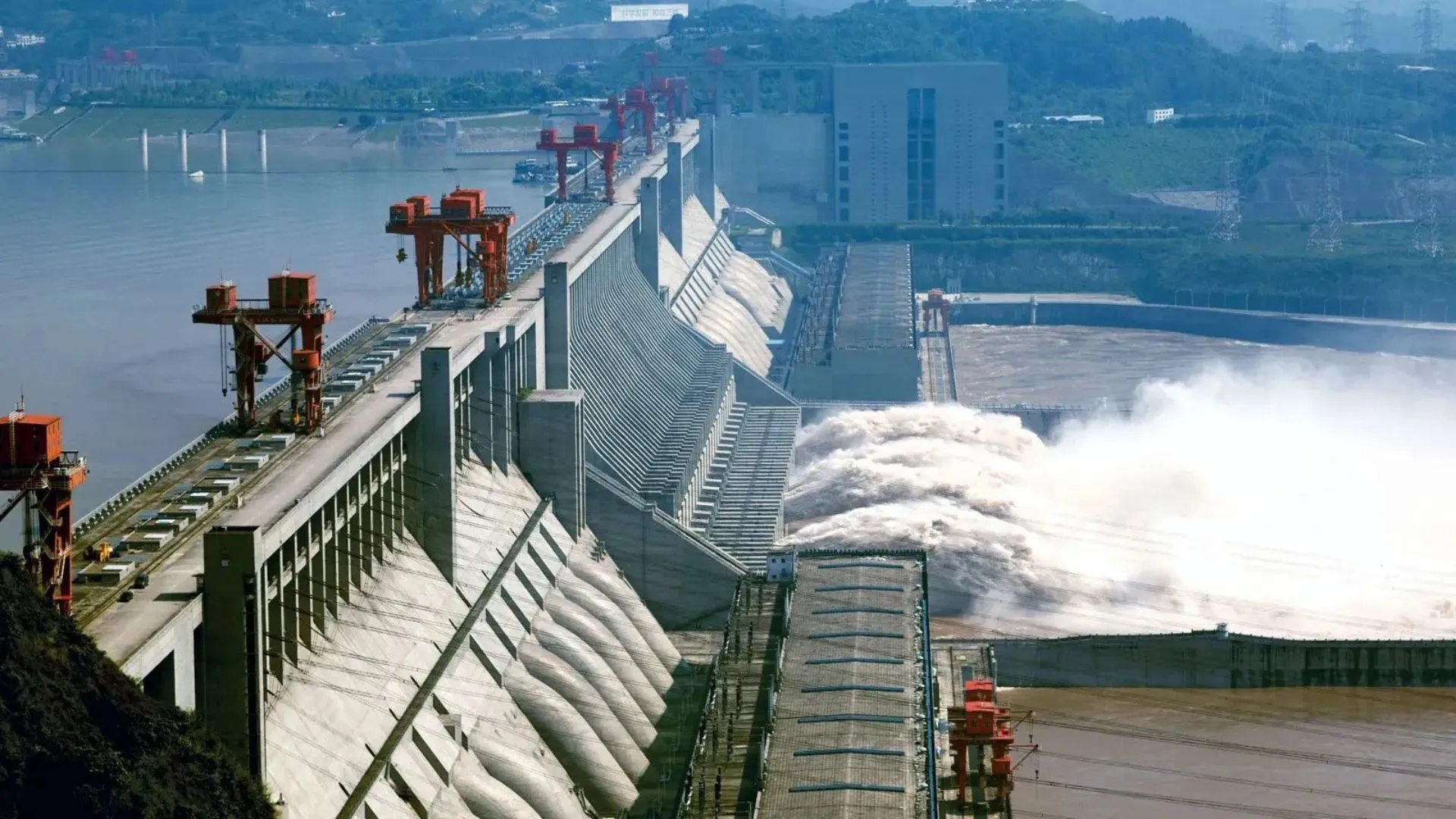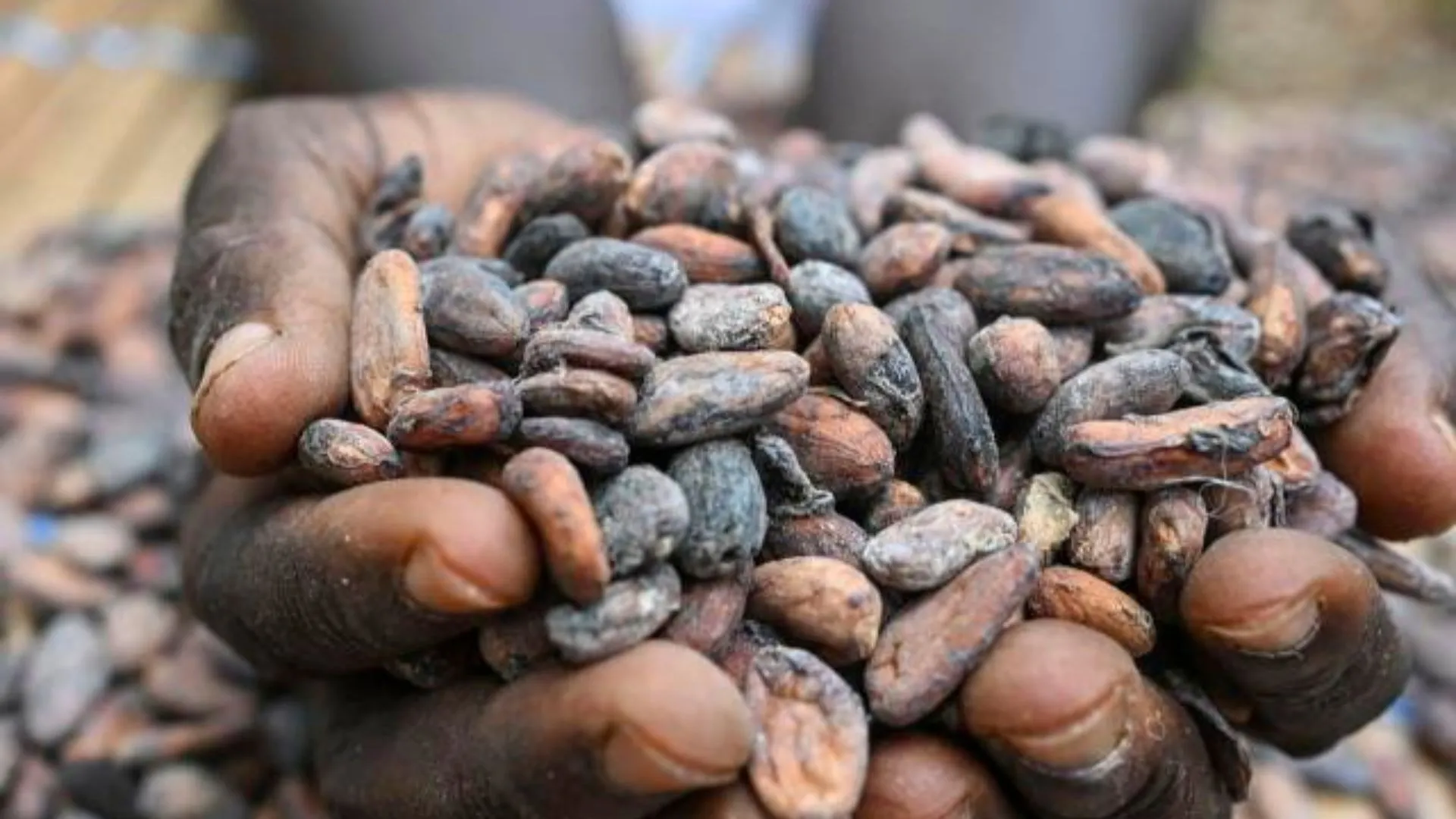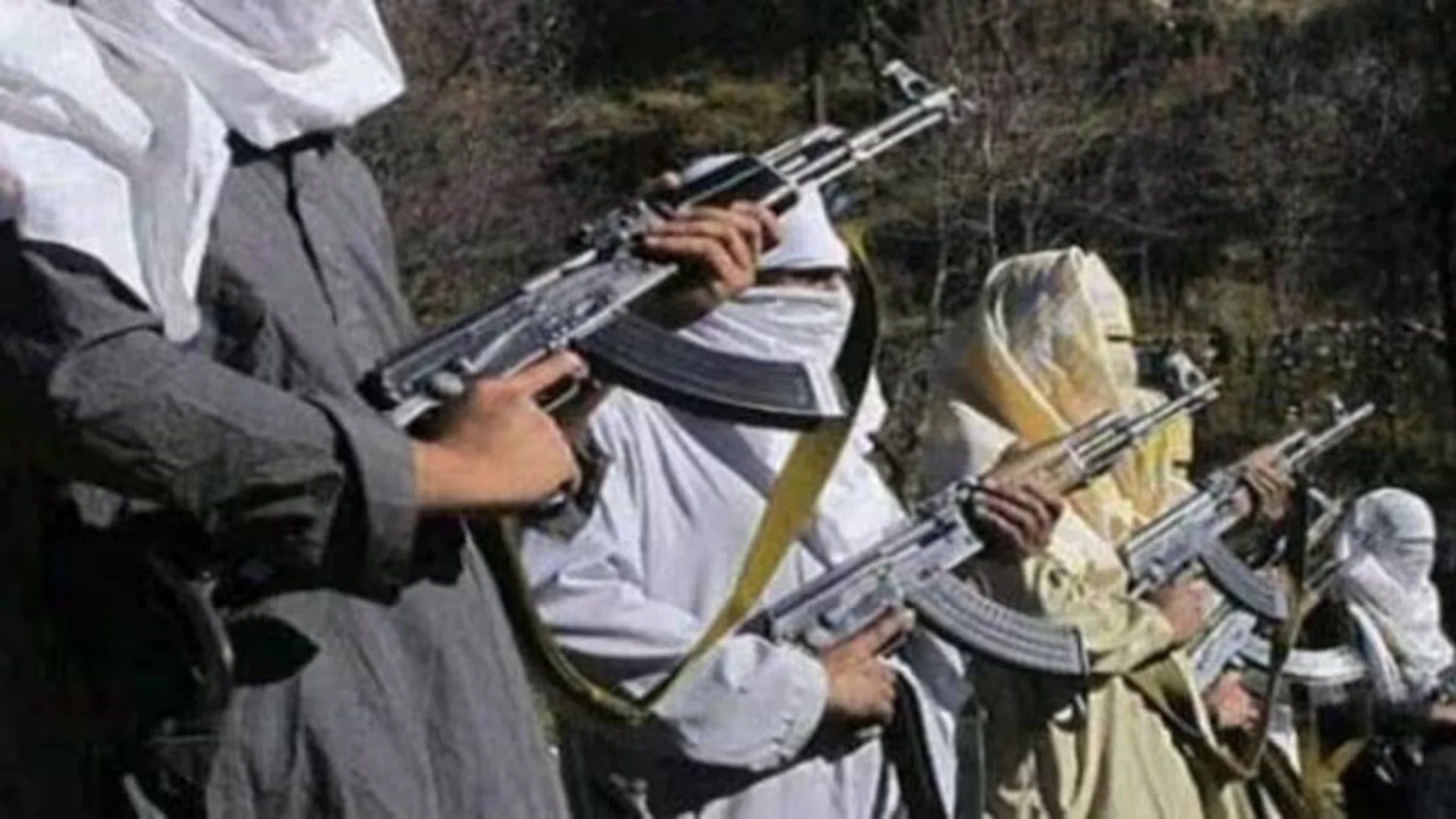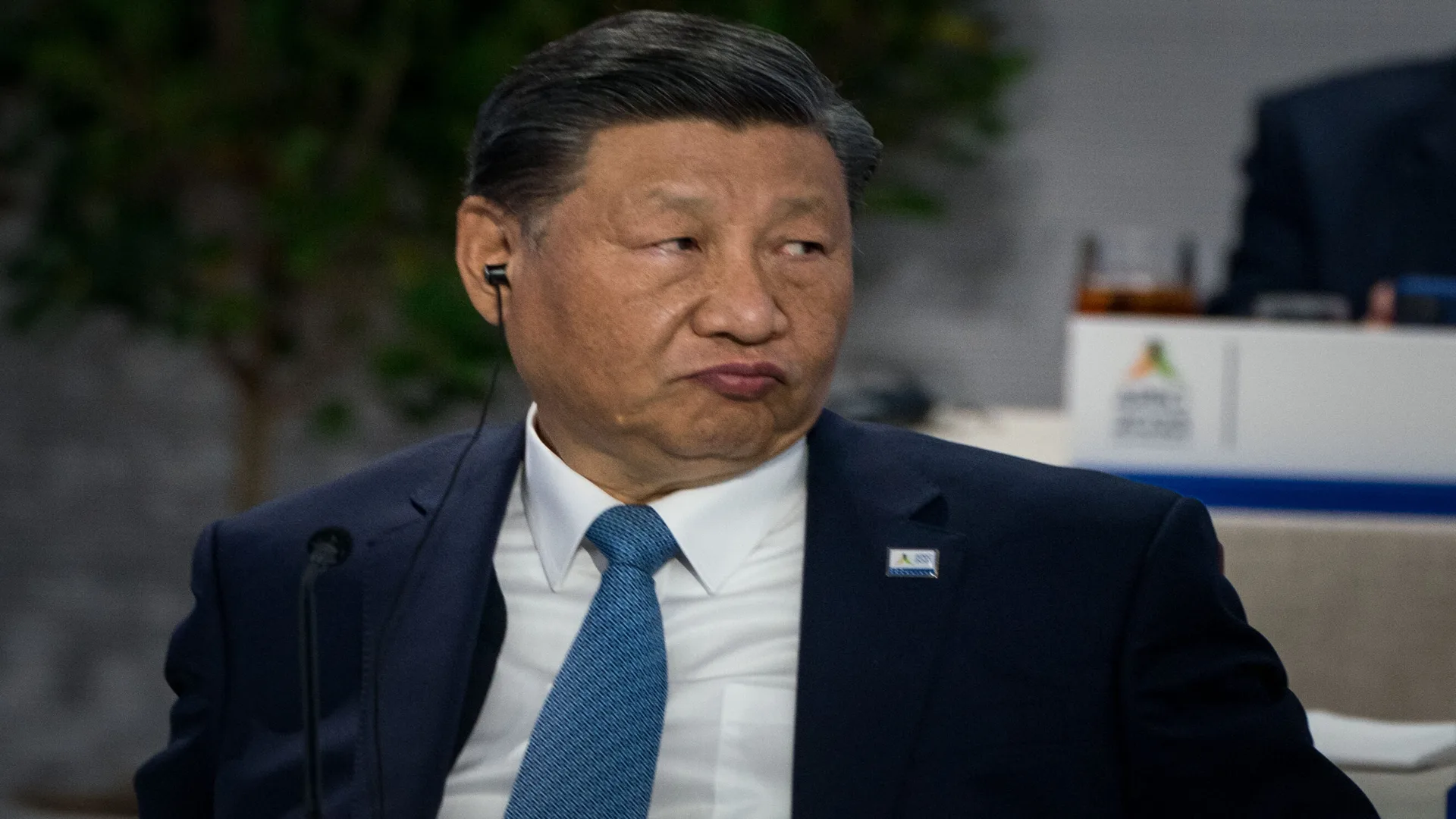As Donald Trump readies his return to the White House, China vowed to push its partnership with Iran deeper into the fray as a strategic move to step up cooperation ahead of the expected resumption of US sanctions pressure.
During the December 28 meeting in Beijing, Chinese Foreign Minister Wang Yi and Iranian Deputy Foreign Minister Abbas Araghchi agreed on mutual cooperation that will foster better bilateral relations and stability at the regional level. According to them, both parties need to be cooperating over their shared core interests. This includes intensified collaboration at multilateral formats such as the SCO and BRICS. Wang highlighted the importance of cooperation for these nations in several areas by ensuring that their respective interests on mutual priorities remain cooperation.
Wang also emphasized further consolidation in the Global South, promising to strengthen BRICS and protect the common interests of developing countries. The two sides also discussed the urgent regional issues, such as the Gaza and Lebanon conflicts. The two ministers urged a ceasefire in Gaza, full withdrawal of foreign troops, and the provision of humanitarian aid. They also called on the international community to enforce a ceasefire in Lebanon.
Aside from the discussion of regional issues, Wang encouraged Iran to maintain contact with Saudi Arabia and pointed out last year’s Beijing-brokered peace deal between the two rivals. This points to China’s continued role in fostering dialogue and stability in the Middle East.
China has been Iran’s long-time strategic partner in foreign policy, as Beijing is the largest buyer of Iranian oil, thus always finding ways to dodge international sanctions. With Trump’s administration set to reinstate its “maximum pressure” campaign against Iran, Tehran needs China more than ever. Iran and China have kept each other posted on regional and international matters and are preparing for the challenges that the new leadership of the United States would pose.
As both nations prepare for the potential resumption of US sanctions, their growing coordination highlights the strategic importance of their partnership in facing global challenges.

